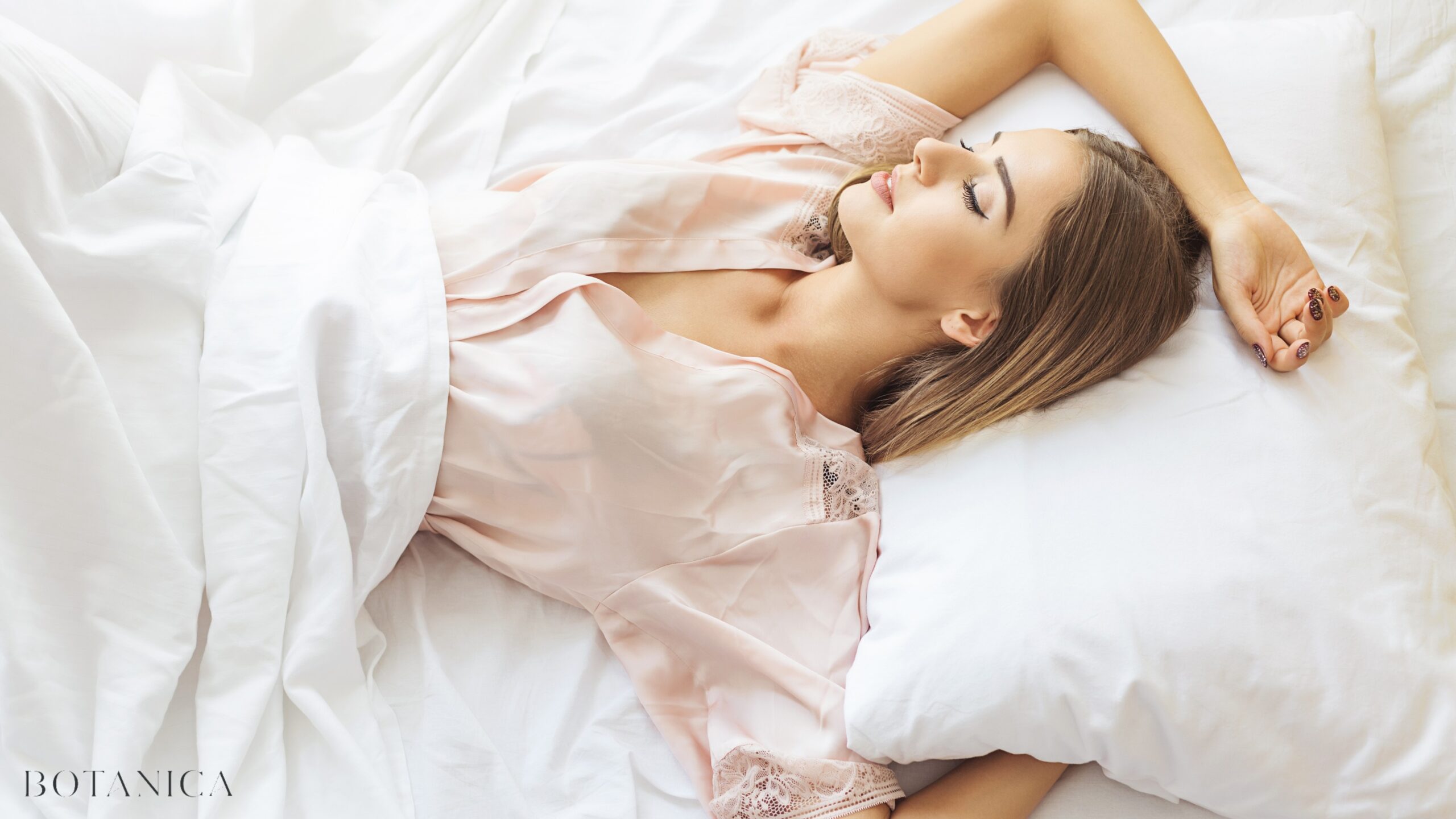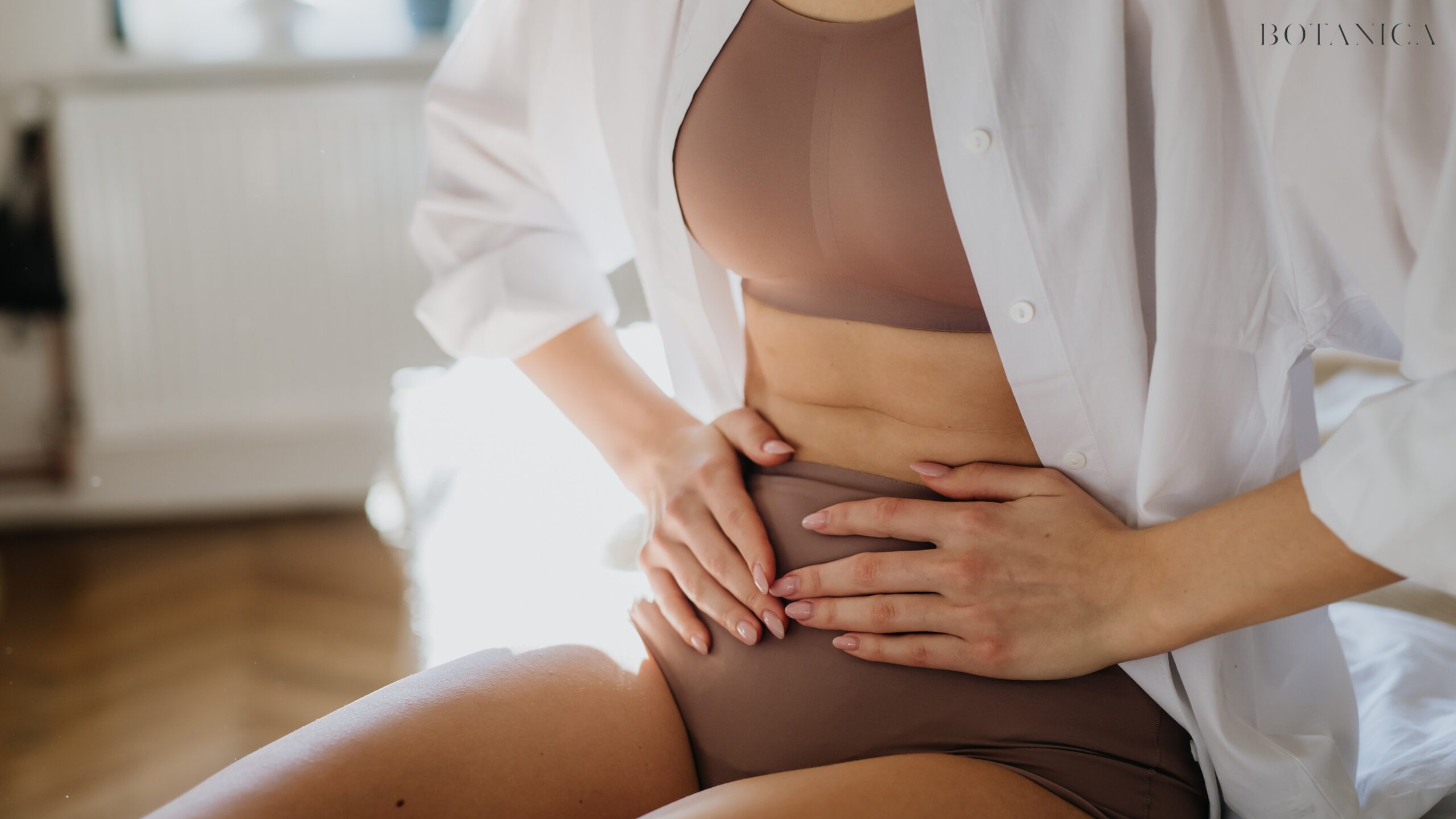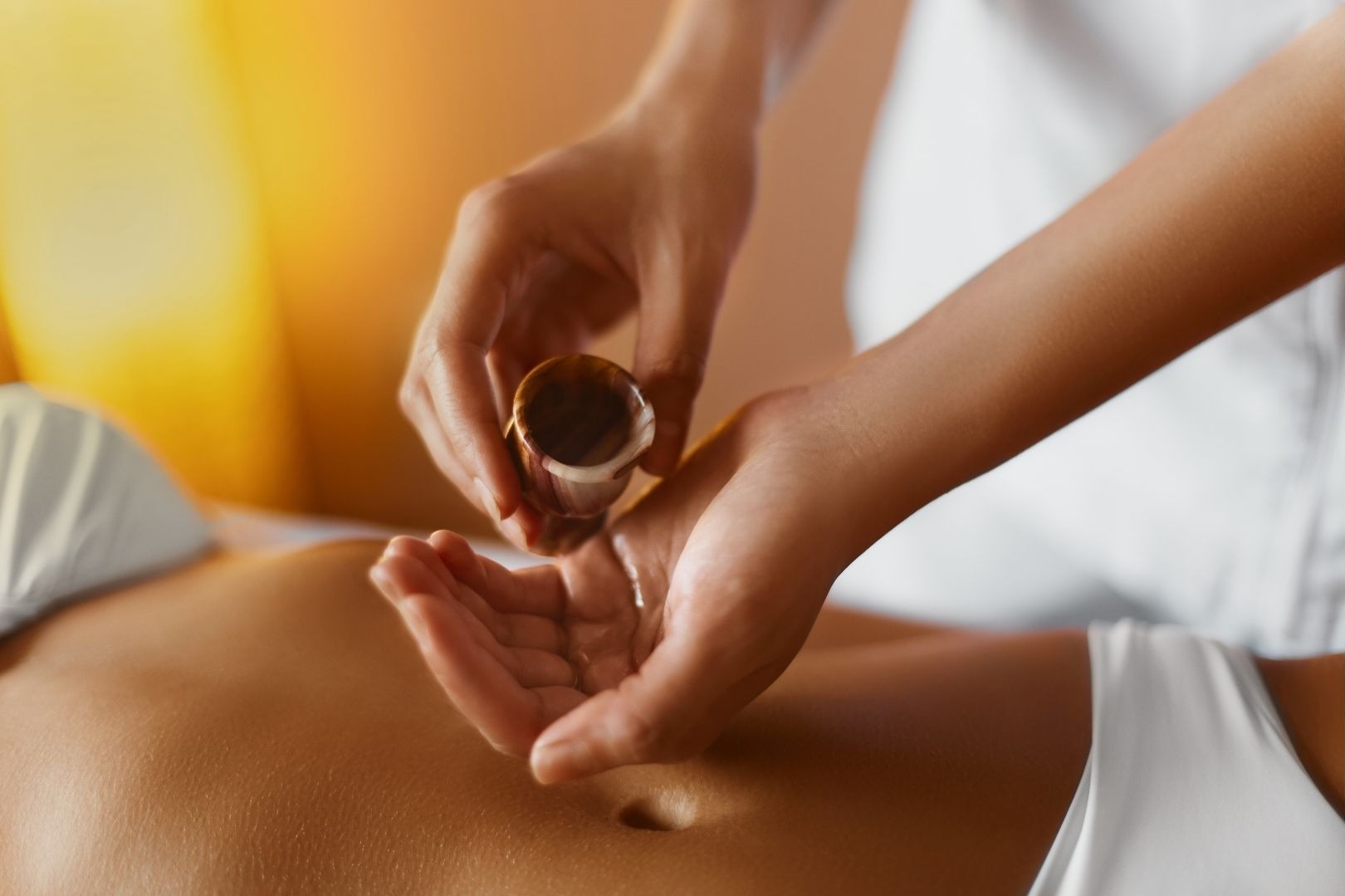
Why Do We Sweat While Sleeping?
As anyone who’s ever woken up with damp sheets and soggy PJs knows (and let’s be real, that’s most of us), it’s not a pleasant feeling. It causes you to start your day uncomfortable, and it adds extra loads to your laundry pile. So if you’ve suddenly found yourself sweating in your sleep night after night, it makes sense if you’ve started to look for answers. The good news is it’s usually the body’s normal, logical response to certain situations, and it’s possible to address many of the causes.
While understandably annoying, sweating at night is most of the time a normal response of our body to reduce core body temperature if it goes above the so-called thermoneutral zone, basically our body’s comfort zone. If sweating at night happens occasionally, it should not be a matter of concern, and you can probably address it with simple adjustments to your sleep environment or behaviors.
While some reasons why you sweat in your sleep are normal responses your body has to its environment, there are times when it can indicate a health concern. As you read, you’ll discover why you might be sweating in your sleep and when it could be a problem. Keep reading to learn seven top causes and how to address them.
Why We Sweat While Sleeping
Heat and Humidity
If your sleep environment is too warm, your body will sweat while you sleep. It may sound obvious, but it’s not always easy to get the temperature right. Monitor your room temperature and humidity to see if it’s the cause of sweating in your sleep. Keep your bedroom cool, around 65 degrees, crack your window, or use a fan.
Everything from your pajamas to your bedding to the weather will affect the temperature of your sleep environment. Plus, our body temperature fluctuates throughout the night—meaning you may be cool enough at one point and sweating at another.
Fabric Choice
Similarly, pay attention to your nightwear and bedding. You don’t want to overdress, and make sure to pick breathable and moisture-wicking fabrics for both bedding and nightwear. That means avoiding fabrics like polyester, nylon, and cotton and instead sticking to wool, linen, bamboo viscose, lyocell, and hemp. Ensure your blankets and sheets are suited for the season, and consider switching out your duvet depending on the weather—a light wool or down-filled duvet may be best during warmer months.
Alcohol Before Bed
The nightcap that helps you drift off may actually be waking you up in the night and causing you to sweat more than usual. Alcohol increases your heart rate and relaxes your airways, making it harder to breathe—both of which can increase your body temperature, making you sweat.
This is because drinking alcohol affects your nervous system, causing a response in blood pressure, heart rate, and body temperature, which could trigger the release of sweat. Try swapping your last drink of the night for a different calming beverage like tea, turmeric milk, or tart cherry juice, and see if that helps.
Stress and Anxiety
If none of the above causes are factors in your life but you’re suddenly sweating in your sleep more than usual, check your stress and anxiety levels. When you are very stressed, your brain reacts, causing physiological changes in your body, both increasing heart rate and releasing hormones. These responses can lead to increased sweating.
Stress-related sweating can happen during the night and day; many people might notice this before a job interview or an important presentation at work. Trying to have some time to wind down before going to sleep should help you lower your stress levels and reduce sweating as well. Small changes—like reducing your screen time before bed and integrating calming rituals into your nightly routine—can help you fall asleep in a more relaxed (and less sweaty) state.
Stress can cause nightmares and panic attacks at night, which can lead to excessive sweating. Check in with your healthcare provider if you’re more stressed or anxious than usual.
Medication Side Effects
Some medications might lead to increased sweating as a side effect. This can especially happen with things like antidepressants or diabetes treatments. Other meds that can induce sweating at night include painkillers and some dietary supplements, like calcium and niacin.
If you believe that a medication you are taking leads to increased night sweating, you should contact your doctor to discuss whether and how to adapt dosage or evaluate alternatives.
Hormonal Fluctuations
Hormonal changes can be a significant cause of sweating at night. If you’re going through menopause or even due to hormonal changes during the menstrual cycle, you might experience increased sweating. To cool yourself down, you could try to uncover your extremities, such as your feet and neck, or place a cool washcloth on your head.
Hot flushes, also called hot flashes, are a common menopause symptom caused by changing hormone levels. They can happen at any time of the day and night, and they usually last for a few minutes, leaving you hot, red, and sweaty. Women can also experience hot flushes in the transition period before menopause, also called perimenopause, and during pregnancy or after birth.
Medical Conditions
If none of the above seem to be causing your night sweats, consider your medical history or discussing the issue with a doctor, as certain conditions can cause you to sweat in your sleep more than usual. One possible cause, although very rare, is a sweating disorder called hyperhidrosis, which leads your body to produce excessive sweat for unknown reasons. This isn’t a serious condition, but it can be frustrating. Other conditions that can cause sweating include hypoglycemia (low blood sugar), hormone disorders like hyperthyroidism (overactive thyroid), bacterial infections, gastroesophageal reflux disease (GERD), autoimmune disorders like rheumatoid arthritis, neurological conditions, and some cancers, like leukemia and Hodgkin’s lymphoma.
Night sweats are also a common symptom of obstructive sleep apnea, the sleep disorder that causes airways to relax and breathing to stop momentarily during sleep. If you wake up feeling short of breath or as if you stopped breathing for a moment, it’s crucial to see your doctor.
Sweat While Sleeping End Notes
While sweating in your sleep is typically normal, you have several options for adjusting your sleeping environment to keep you dry and sleeping peacefully through the night. However, if waking up soaked in sweat is becoming a regular thing, even after you adjust your room temperature and nightwear, don’t hesitate to talk to your doctor, especially if you’ve noticed other changes in your health as well.



Leave a Reply